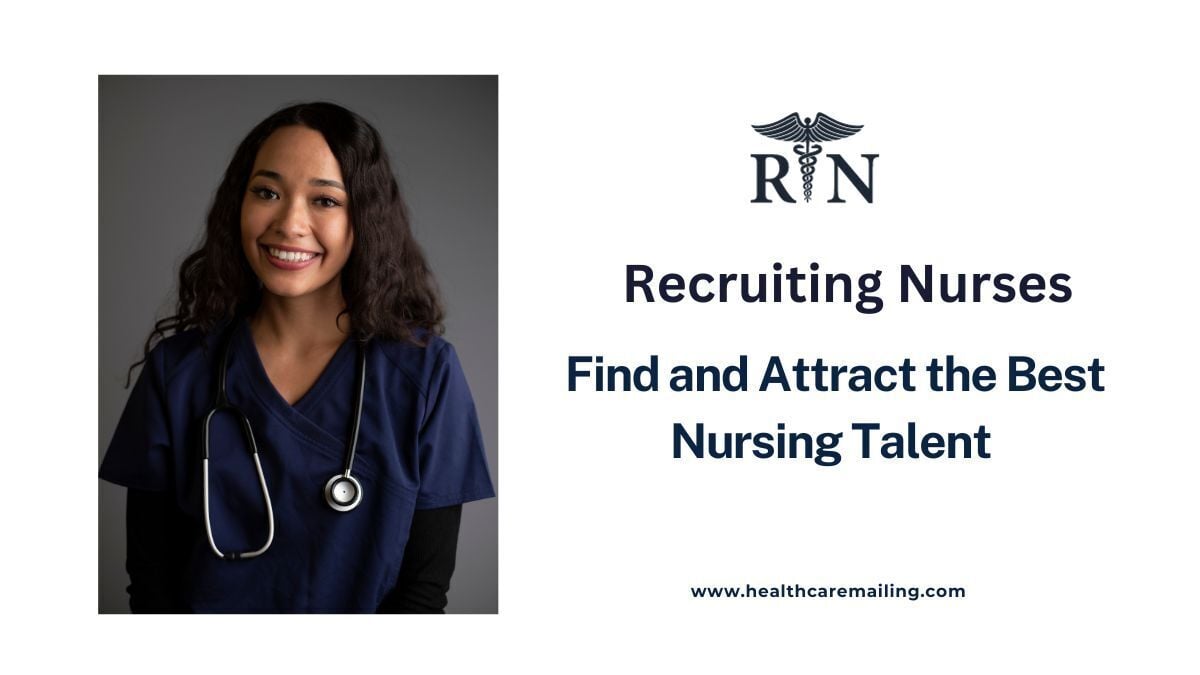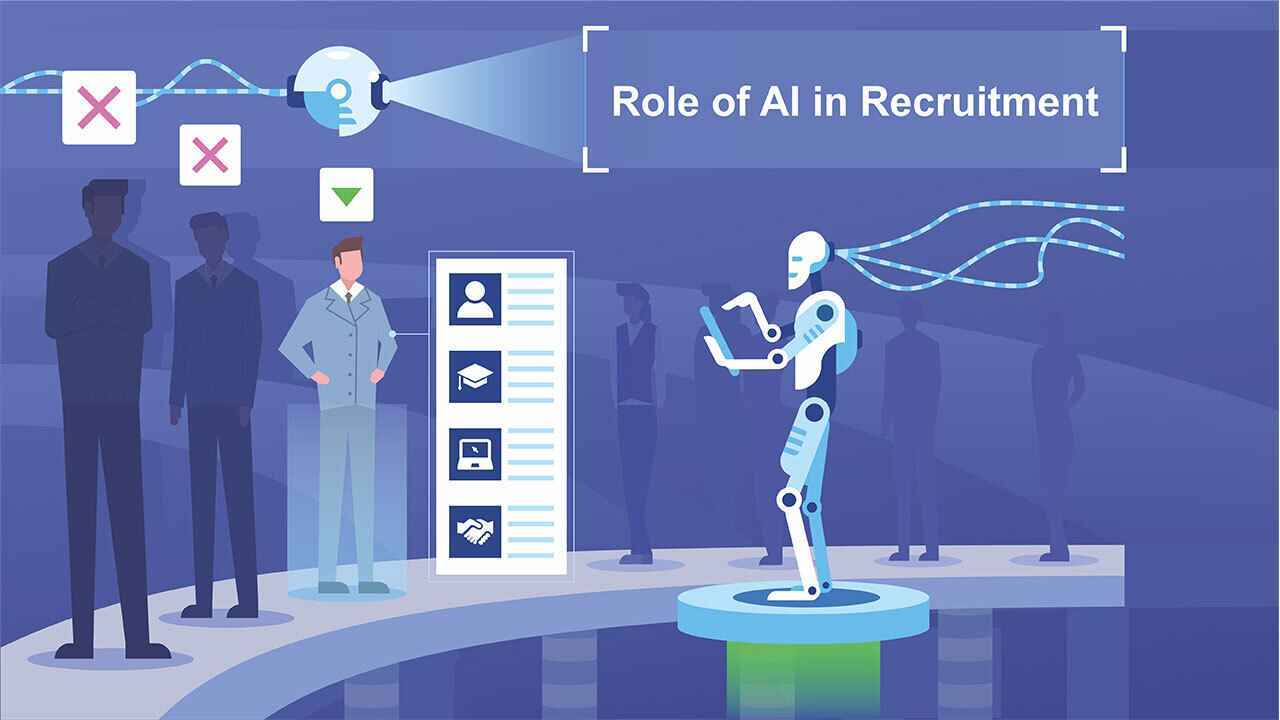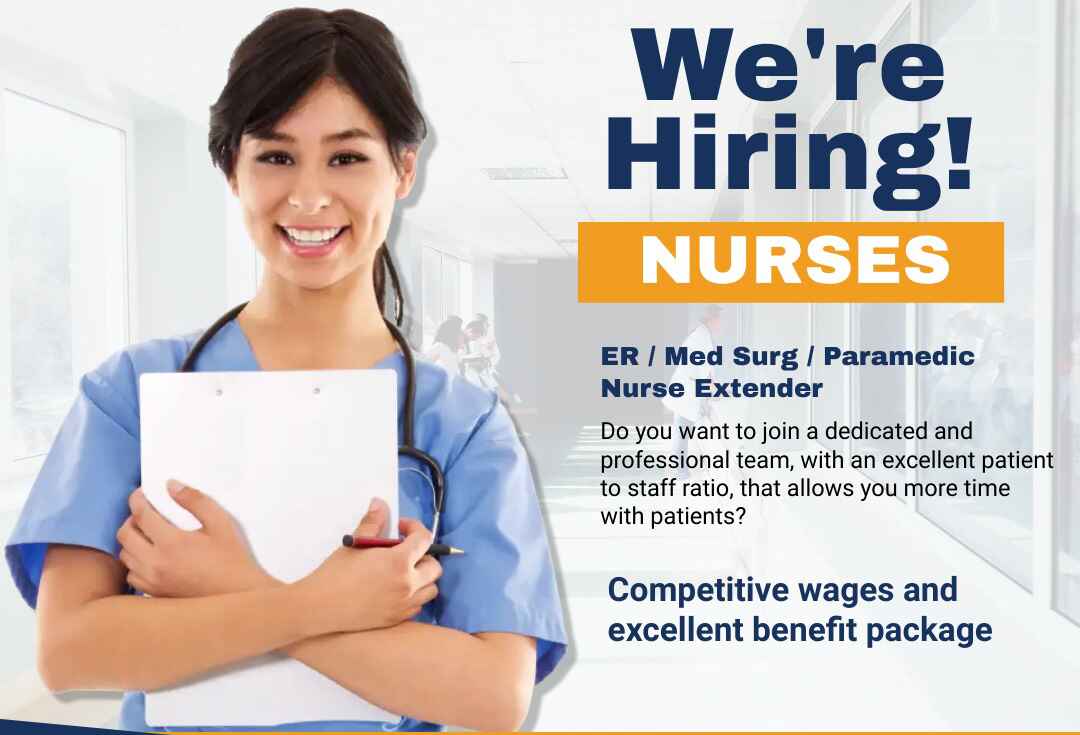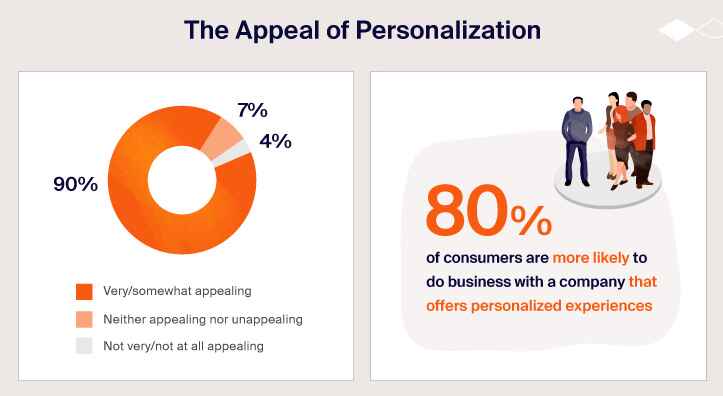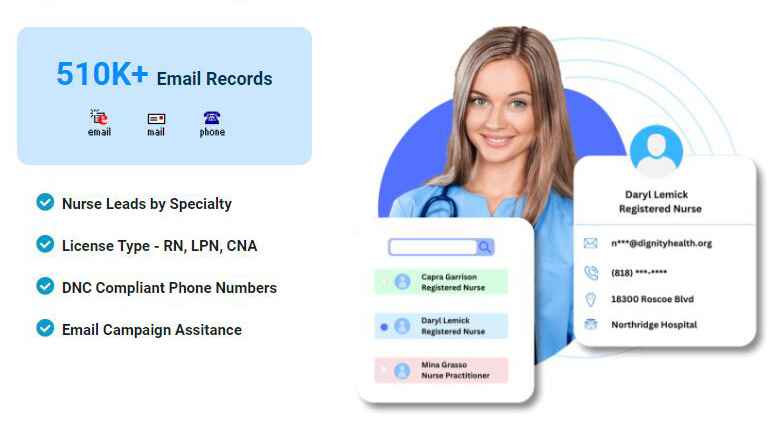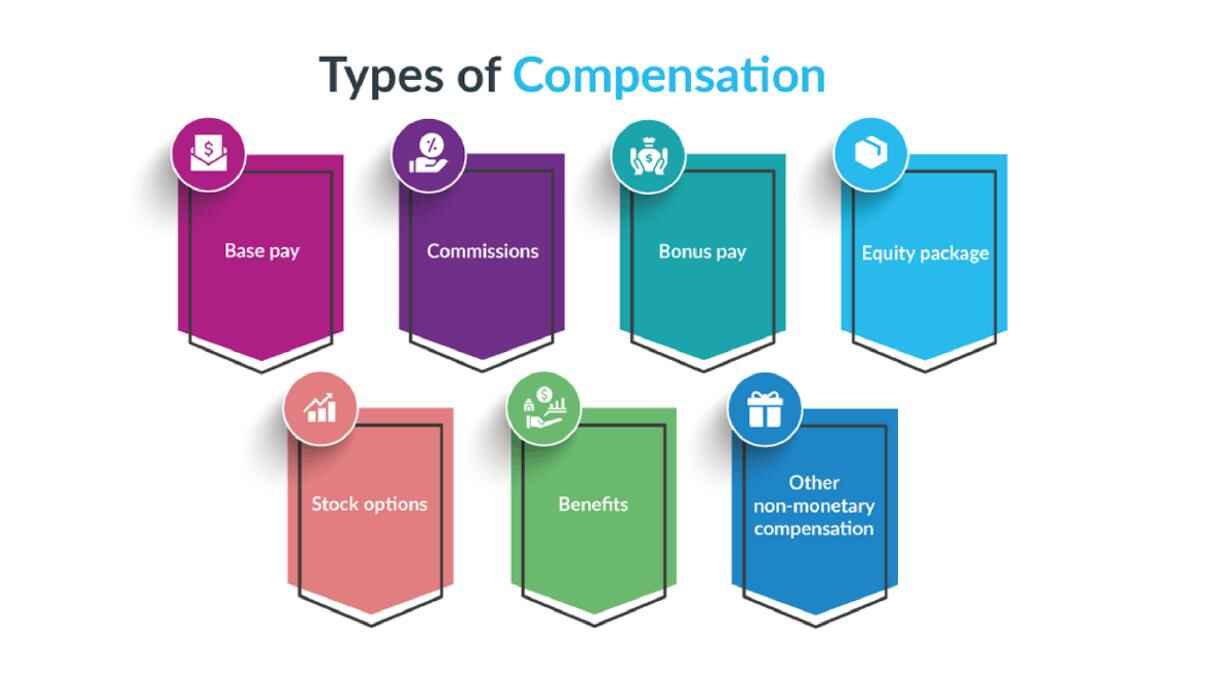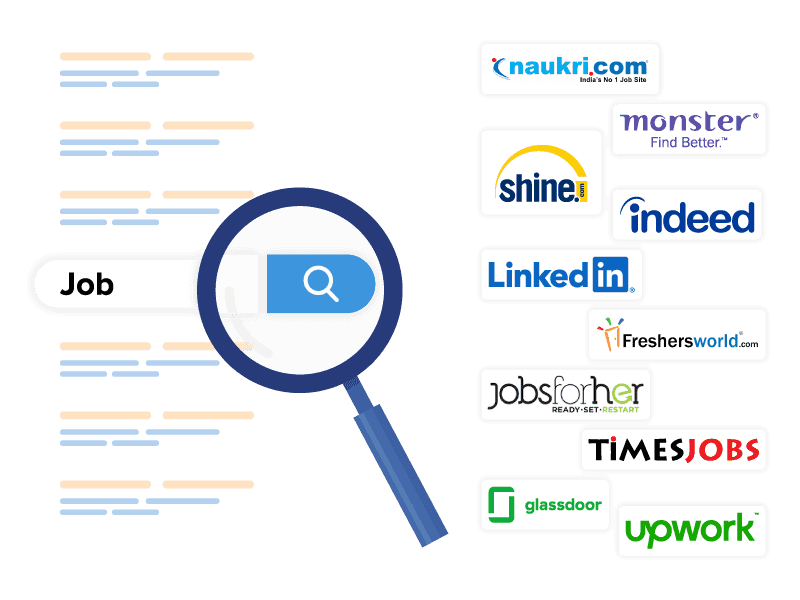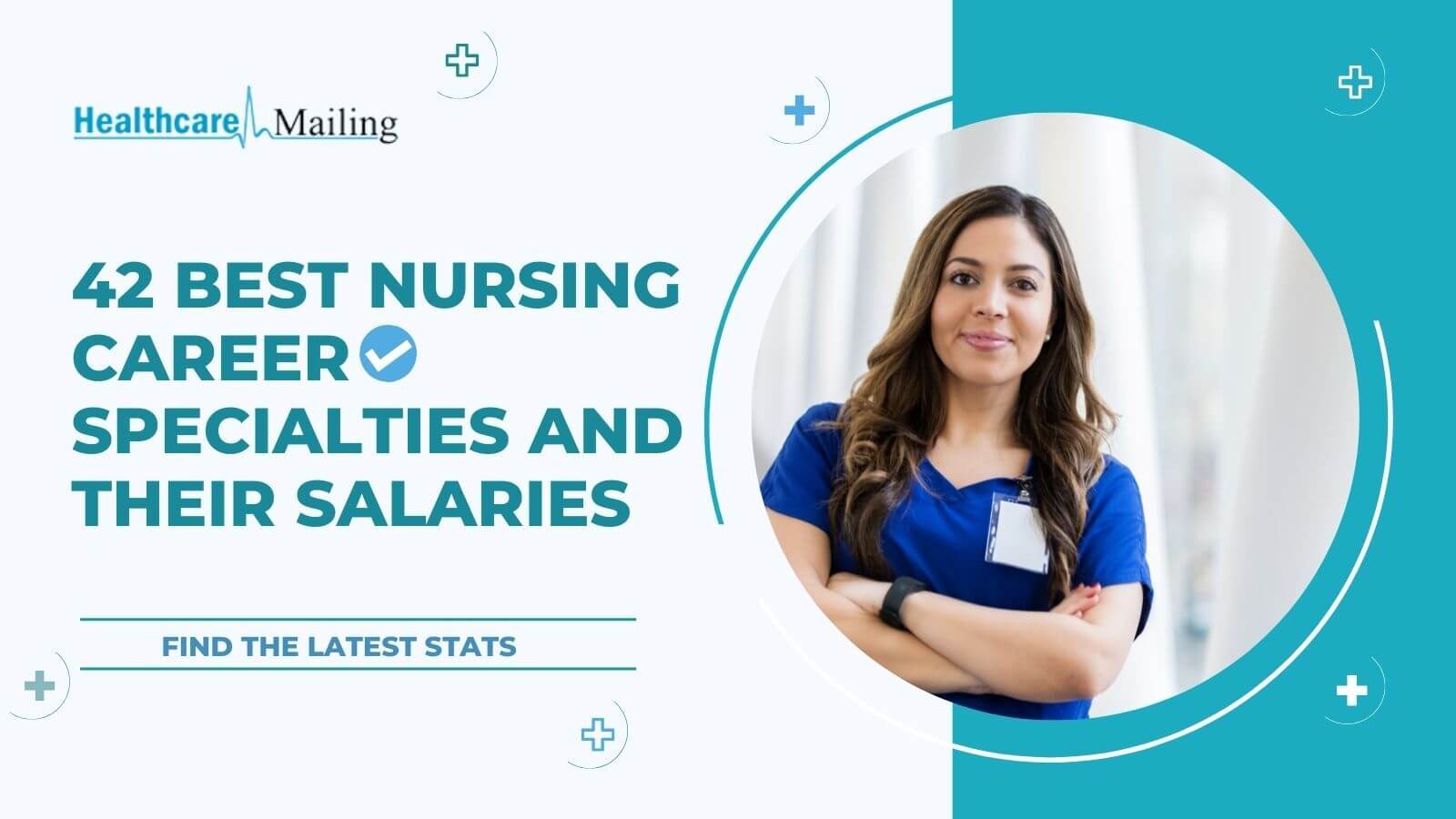Nursing Recruiting Tips: Your Ultimate Guide to Recruiting the Best Nurses in the Industry
In today's healthcare landscape, recruiting the best nurses is not just a preference; it's a necessity. The demand for highly skilled nursing professionals has never been higher, and healthcare institutions across the globe are grappling with the challenges posed by an ongoing nursing shortage.
In this blog, we'll delve into the critical importance of recruiting top-tier nurses and, most importantly, provide you with a comprehensive guide to effective nursing recruitment. Whether you're a hospital administrator, a nurse manager, or an HR professional in the healthcare sector, this guide will enrich you with the tools and strategies needed to attract and retain the best nursing talent in the industry. Let's dive in and learn how to build a team of exceptional nurses who will provide the highest quality care to your patients.
10 Best Strategies For Recruiting the Best Nurses in the Industry for Nurse Jobs
Why is Nursing Recruitment Important?
In 2023, the hunt for top talent has taken an unexpected twist. It's no longer just about finding any talent; it's about finding the right talent. And in the realm of nursing recruitment, this challenge has reached new heights. Nurses, the backbone of the healthcare sector, are in incredibly high demand, making the task of recruiting them very difficult.
Consider this: by 2030, a staggering 194,500 new positions for registered nurses (RNs) will need to be filled each year. That's an immense need, and unfortunately, there just aren't enough nurses in the job pool to meet these demands.
But why is this shortage happening, and what are the forces at play?
Nurse Burnout: The 2019 pandemic has taken a heavy toll on nurses, leaving many grappling with burnout and pondering early retirement. In a recent survey of over 6,000 critical care nurses, a startling 66% admitted to contemplating leaving the profession.
Aging Population: The population is aging rapidly, set to double by 2060. This demographic shift brings with it an increased need for healthcare services and, in turn, more nurses to provide that care.
Retiring Nurses: Many experienced nurses, particularly the baby boomer generation, are stepping into retirement. With over half a million seasoned RNs expected to retire by 2027, the U.S. Bureau of Labor Statistics warns of the need for 1.1 million new nurses to fill the gaps, prevent a crisis, and maintain adequate staffing levels.
Limited Nursing School Capacity: In 2020, nursing schools had to turn away a staggering 80,251 qualified applicants. Why? Insufficient staffing, teaching facilities, clinical sites, and funding. This bottleneck reduces the number of fresh nursing graduates entering the workforce.
Rising Healthcare Demand: Preventive care and the prevalence of chronic illnesses are on the rise, further driving up the demand for nurses' skills and expertise.
So, the question arises: How can you find the right nurses when there are so many things beyond your control?
Identifying the Ideal Nursing Talent for Recruitment: Qualifications, Experience, and More!
When it comes to recruiting the best nursing talent, several key factors go beyond just educational qualifications and experience. It's important to consider a holistic approach that takes into account a nurse's educational background, experience, ongoing education, and more:
1. Educational Qualifications:
A Bachelor of Science in Nursing (BSN) is often considered a strong educational foundation. Many healthcare organizations prefer candidates with a BSN due to its comprehensive curriculum.
Advanced degrees such as Master of Science in Nursing (MSN) or Doctor of Nursing Practice (DNP) can be highly advantageous, especially for specialized roles or leadership positions.
2. Experience:
Years of clinical experience in diverse healthcare settings can be a strong indicator of a nurse's expertise. Specialized experience in areas like critical care, pediatrics, or oncology may be crucial, depending on the specific role.
3. Continuing Medical Education (CME):
Nurses who actively pursue Continuing Medical Education demonstrate a commitment to remaining updated on the latest healthcare practices and technologies. Participation in CME activities, workshops, and certifications can enhance a nurse's knowledge and skills.
4. Certifications:
Certifications relevant to the nursing specialty can set candidates apart. For example, certifications like Certified Critical Care Nurse (CCRN) or Certified Pediatric Nurse (CPN) can be valuable.
Leadership certifications, such as Nurse Manager and Leader (CNML) or Certified Nurse Executive (CNE), can be beneficial for leadership roles.
5. Soft Skills
Strong communication, empathy, and teamwork skills are essential for nurses, as they often work closely with patients and multidisciplinary teams. Adaptability, problem-solving, and critical thinking skills are also highly valued in the ever-evolving healthcare landscape.
6. Cultural Competency
In an era marked by increased cultural diversity among patients and healthcare professionals, nurses must be equipped with the skills to navigate this diversity effectively. Cultural competency involves understanding, appreciating, and respecting the beliefs, values, customs, and languages of individuals from various cultural backgrounds.
7. Professional Involvement
Active membership in professional nursing organizations demonstrates a commitment to the nursing community and ongoing professional development. It extends far beyond mere affiliation, serving as a gateway to a world of opportunities, personal and professional growth, and meaningful contributions to the nursing profession.
8. Technological Proficiency
Nursing roles often require proficiency in electronic health records (EHRs) and other healthcare technologies. It enhances their ability to provide high-quality patient care, ensures data accuracy, supports effective communication, aids in clinical decision-making, and enables remote patient monitoring, all of which are vital aspects of modern healthcare delivery.
Ultimately, the "best" nurse for recruitment may vary depending on the particular needs of your healthcare organization and the role you're trying to fill. It's crucial to align the qualifications and experience with the job requirements, ensuring that the candidate not only meets the educational and experiential criteria but also embodies the values and culture of your organization. A well-rounded nurse who combines the right education, experience, ongoing education, and personal attributes can be a valuable asset to any healthcare team.
Top 10 Best Strategies For Recruiting the Best Nurses in the Industry for Nurse Jobs
To attract the best candidates, employ strategies that directly address nurses' concerns. Leverage effective marketing channels to communicate your unique offerings and differentiate your institution from the competition. By doing so, you'll not only connect with top-quality nurses but also create a continuous flow of candidates eager to join your team.
Here are our fresh-the-box strategies for recruiting the best nurses in 2023 & beyond –
1 Leverage Technology To Benefit Your Recruitment Efforts
In 2023, as technology keeps advancing, healthcare organizations must evolve to remain competitive. One effective strategy for recruiting nurses is harnessing technology to expand your reach. Social media platforms like LinkedIn, Facebook, and Twitter are powerful tools for connecting with potential candidates. These platforms allow you to post job openings, showcase employee testimonials, and boost your employer brand.
Another tech-driven trend is the rise of video interviews, which will continue to be a valuable tool for recruiting healthcare professionals in 2023. Video interviews offer convenience and efficiency for both recruiters and candidates, especially when dealing with individuals from different states or even countries.
2 Crafting a Compelling Job Posting
Did you know that 60% of job seekers abandon their application due to its length or complexity? The key to recruiting and retaining exceptional nurse candidates begins with a compelling nurse job description. This description serves as the nurses' initial introduction to your healthcare organization, offering a glimpse into your corporate culture, including policies that affect female employees and highlighting the benefits of working at your facility.
If your nurse job description falls short, nurses are likely to move on swiftly. Therefore, investing time and collaborating with your clinical and human resources teams during this critical first step is well worth it.
3 Personalized Email Campaigns
Imagine you're a nurse actively seeking new job opportunities. Your email inbox is often flooded with generic job offers, and it's easy to ignore them. But one day, something different catches your eye: a personalized email from a healthcare organization that seems to understand your career aspirations and preferences. This personalized email doesn't just present a job opportunity; it offers a tailored experience. It speaks directly to your desires and ambitions, addressing the very factors that matter most in your career decision-making process.
Personalized email campaigns are becoming a game-changer in nurse recruitment. Here's how they work:
3.1. Segmentation: The process starts with categorizing potential candidates based on various factors. These could include experience level, specialty, location preferences, and more. This segmentation allows recruiters to tailor their messages effectively.
3.2. Understanding Candidate Preferences: To craft personalized emails, recruiters need to understand what motivates each candidate. This involves researching their career history, interests, and goals.
3.3. Customized Messaging: Once the segmentation and candidate profiling is complete, recruiters can create highly customized emails. These emails speak directly to the candidate's needs and aspirations, making them feel valued and understood.
3.4. Engagement and Relationship Building: Personalized emails are not just about job offers. They can include invitations to webinars, links to informative blog posts, or even news about recent achievements of the healthcare organization. This engagement helps build a positive relationship with potential candidates.
3.5. Feedback Loop: A critical aspect of personalized email campaigns is collecting feedback. If a candidate expresses interest or disinterest, this data can be used to further refine the messages and offers.
4 Get a Tailored Nursing Email List
If finding the right nursing candidates is a top priority, a tailored nursing email list becomes a prized asset. It's like having a finely crafted tool that allows you to precisely reach the individuals who matter most to your organization.
You know that the days of casting wide nets with generic emails are long gone. You need a strategy that's smart, focused, and efficient.
This is where the tailored nurse email list comes into play. It's your secret weapon for precision targeting. With this list in hand, you can segment potential candidates based on crucial factors such as their nursing specialization, geographic location, years of experience, and other relevant criteria. This isn't just about sending mass emails; it's about reaching the right people with the right message.
The potential benefits of such a list are substantial:
4.1. Pinpoint Accuracy: You're not shooting in the dark; you're aiming directly at the bullseye. Your messages will find their mark among nurses who align perfectly with your recruitment needs.
4.2. Heightened Engagement: When your emails resonate with the interests and goals of your recipients, you're more likely to grab their attention. This means higher open rates, click-through rates, and, most importantly, a greater likelihood of receiving responses.
4.3. Resource Efficiency: You're not wasting resources on a broad, indiscriminate campaign. Instead, you're optimizing your efforts and budget by focusing on candidates who are genuinely relevant to your current job openings.
4.4. Enhanced Reputation: Tailored emails convey the message that you're not just interested in any nurse; you're interested in them specifically. This personalized approach bolsters your organization's image, showing that you respect and appreciate the nursing community.
4.5. Improved Conversion Rates: Your tailored emails are more likely to lead to conversions. You'll receive applications from nurses who are genuinely enthusiastic about your opportunities, resulting in a higher number of qualified candidates.
4.6. Time Saved: You no longer need to sift through an unwieldy list of potential candidates. Your tailored nursing email list enables you to focus your efforts on those who are the best fit for your organization, saving you valuable time in the recruitment process.
So, arm your email, phone, or direct mail campaigns with a carefully curated list of nurses, and you're ready to embark on a recruitment journey that's precise, efficient, and, most importantly, highly effective.
5 Diversify Your Workforce
Recruitment advertising isn't just about finding candidates; it's about finding the right candidates who align with your organization's values and goals. One powerful aspect of recruitment advertising is its ability to target specific candidate personas, allowing organizations to proactively build inclusive workforces.
For example, consider the creation of candidate personas that factor in gender, cultural backgrounds, racial diversity, or religious affiliations. These personas are more than just profiles; they represent a commitment to diversity and inclusion within the workplace. It sends a clear message that your organization values differences, promotes equity, and is dedicated to providing the best possible care to a diverse patient population.
6 Offer Greater Compensation and Benefits Than Your Competitors
Salary and benefits packages are pivotal considerations for candidates when evaluating job offers. In 2023, healthcare organizations face the imperative of providing competitive compensation and benefits to entice and retain top talent. It's not merely a choice; it's a necessity to remain competitive in the healthcare job market.
Here are some proactive steps you can take:
6.1. Conduct Salary Survey: Consider conducting salary surveys to understand where your compensation packages stand compared to other healthcare organizations in your region. It’s a strategic move to ensure that you remain an attractive option for the best candidates. After all, competitive compensation is often a key factor in their decision-making process.
6.2. Work-life balance: Don’t underestimate the significance of work-life balance. Candidates increasingly value flexible work arrangements like telecommuting and job-sharing. These options resonate with those who are keen on balancing their professional and personal lives effectively. By offering such flexibility, you not only attract top talent but also cultivate a work environment where employees can thrive while delivering exceptional patient care.
7 Collaborative Partnerships with Nursing Schools
Developing collaborative partnerships with nursing schools is a wise move for healthcare organizations seeking to boost their recruitment efforts. These partnerships entail establishing a mutually beneficial relationship between the healthcare institution and the nursing school or program.
In such partnerships, nursing schools can provide a pipeline of qualified nursing graduates to the healthcare organization. These new graduates often come equipped with the latest knowledge and skills, making them valuable additions to the healthcare workforce. Additionally, these partnerships can offer opportunities for clinical placements and internships, allowing students to gain practical experience within the healthcare organization.
On the flip side, healthcare organizations can actively engage with nursing schools by providing input on curriculum development and ensuring that nursing education aligns with the evolving needs of the healthcare industry. This not only benefits the students but also ensures that the healthcare organization receives candidates who are well-prepared to meet their specific requirements.
Furthermore, collaborative partnerships often include recruitment initiatives such as job fairs, on-campus presentations, and networking events. These events provide healthcare organizations with direct access to potential candidates, making the recruitment process more streamlined and efficient.
8 Utilize Online Job Search Platforms
Leveraging online job platforms like LinkedIn or Glassdoor can be a game-changer when it comes to reaching a broader audience of job seekers without having to spend big bucks on advertising. To put things into perspective, in the United States alone, there are between 50 and 150 million job-related searches conducted on Google each month. That's an immense pool of potential candidates just waiting to discover your job openings.
This means they can effortlessly find relevant job opportunities using a variety of search options and filters, creating a seamless and user-friendly experience.
What's particularly appealing to employers is that these platforms can deliver significantly higher conversion rates for certain types of job postings when compared to other channels. It's a win-win situation: job seekers easily find what they're looking for, and employers tap into a massive and actively searching audience.
Alternatively, employers can implement HTML code modifications on their career websites to ensure their job postings show up on Google for Jobs. This gives organizations more control over the process and ensures that their job opportunities are front and center when job seekers turn to Google for their job hunt.
9 Leverage Your Top Nurses as Brand Ambassadors
Your best nurses are the living embodiment of your organization's culture. Empower them to share their positive experiences through various marketing channels. Let their voices resonate, painting a vivid picture of what a typical workday entails. Harness their testimonials in your written content and incorporate them into video marketing strategies. By doing so, you not only showcase the authenticity of their endorsements but also foster an emotional connection between prospective candidates and their future peers.
10 Nurse Referral Programs With Incentives
Nurse Referral Programs with Incentives can be highly effective for healthcare organizations. These programs are designed to tap into the valuable networks of your existing nursing staff. Engaging current nurses and encouraging them to refer qualified candidates from their professional and personal networks is at the core of these initiatives.
To motivate referrals, offer attractive incentives. These can include referral bonuses, cash rewards, additional paid time off, or even career advancement opportunities. The goal is to make it worth their while to actively participate in the program.
One of the key advantages of nurse referral programs is their ability to streamline the recruitment process. Candidates referred by current nurses often come with a strong endorsement, making them more likely to be a good fit for your organization.
From a cost perspective, these programs are typically more cost-effective than traditional recruitment methods. You're essentially tapping into a pre-existing talent pool through your own team, reducing the need for external agencies and associated costs.
Moreover, nurse referral programs have a positive impact on employee morale. They make your nursing staff feel valued and engaged in the recruitment process, contributing to a positive workplace culture.
To ensure the sustainability of your program, encourage your nurses to continuously refer potential candidates. This will help you maintain a steady stream of talent and ensure the long-term success of your nurse referral program.
Need Assistance In Recruiting The Top Nursing Talent?
Recruiting top nursing talent in the midst of a staffing shortage can indeed be a daunting task for healthcare facilities. If you're facing challenges in connecting with qualified nurses, consider reaching out to Healthcare Mailing. We specialize in providing access to a comprehensive directory of qualified nursing professionals who are eager to embark on new career opportunities.
Our extensive database includes a diverse pool of nursing talent, from experienced registered nurses to specialized nurse practitioners. We understand the importance of finding the right fit for your healthcare team, especially in times of high demand and competition for skilled professionals. Our data-driven approach ensures that you can efficiently connect with and recruit the top nursing talent that your organization requires to maintain the highest standards of patient care.
Let us assist you in finding the qualified nurses you need to continue providing exceptional healthcare services. Reach out to Healthcare Mailing today!
